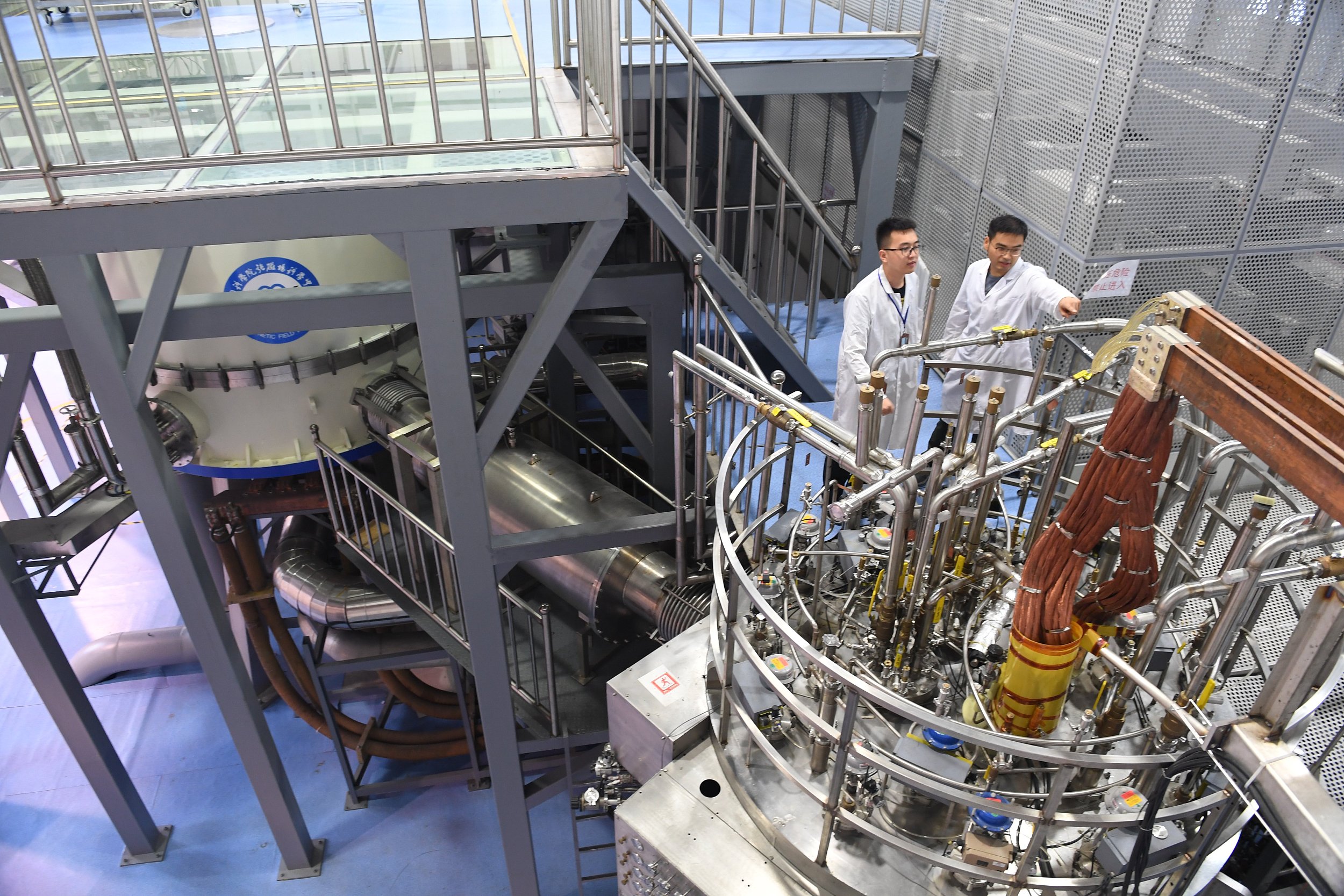U.S. sanctions on Nord Stream 2 leave Germany ‘displeased’ and ‘resigned’
Recently, the United States president Donald Trump has signed the National Defense Authorization Act for Fiscal Year 2020 which allows Trump to impose sanctions on corporations and individuals that involved in the construction of Nord Stream 2 and TurkStream project. The action makes quite a few Europeans who regard themselves as allies with Americans feel hurt.
With a total length of 1,222 kilometers across the Baltic Sea, Nord Stream 2 is now the world's longest undersea pipeline, with a designed capacity of 55 billion cubic meters per year. It will meet about 10 percent of Europe's gas needs. The €9.5bn pipeline would carry gas directly from Russia to Germany, bypassing overland routes in central and eastern Europe and avoiding the threat of a Russia-Ukraine conflict. The project is supposed to be completed and operational by mid-2020, and only about 300km of the pipeline remains unfinished.
Politicians in the United States have criticized Nord Stream 2 as it will increase Europe's dependence on Russian energy, saying it is a "tool of coercion and political influence" by Russia that would weaken US ties with Germany and Europe. Trump himself has repeatedly spoken out against the project and even tweeted: "Pipeline dollars to Russia are not acceptable!" On the other hand, while the American product has turned out to be significantly pricier than that of Russia, the United States itself has been actively lobbying European countries to buy its liquefied natural gas (LNG) to find a market for its growing shale gas production.
For Germany, where 92% of natural gas is imported from abroad, diversified energy procurement is a necessary move to improve energy supply security. Due to the huge pressure of environmental protection and response to climate change, Germany is implementing an energy transition policy that phases out nuclear and coal as energy sources, which makes Germany's demand for natural gas continue to increase. Through the Nord Stream 2 project, Germany can obtain natural gas directly from Russia, which will help alleviate the problems and challenges caused by the energy transition and ensure the security of energy supply.
Meanwhile, "Such sanctions are serious interference in the internal affairs of Germany and Europe and their sovereignty. We firmly reject them," Germany's finance minister and vice chancellor Olaf Scholz said and he stressed it was inappropriate for NATO allies to treat each other like that.
German Foreign Minister Heiko Maas rejected Washington's latest threat of sanctions on the Nord Stream 2 project between Russia and Germany. "European energy policy is made in Europe and not in Washington. We clearly reject extraterritorial sanctions," Maas added.
However, the United States does not seem to care about Germany's reaction. Mr Grenell said: "There are 15 countries, plus the European Commission, plus the European Parliament, that have all voiced concern about the project." The United States sanctions on the Nord Stream 2 project is "extremely pro-European." Grenell's speech was suspected of being exaggerated, because the EU spokesperson has criticized the United States for "imposing sanctions against EU companies that conduct legal business." However, the United States deliberately wants to spark off the controversy over the Nord Stream 2 project within the EU. Central and Eastern European countries cast doubts on the project, especially Ukraine. Once the project is completed, it will not be so easy to charge Russia for gas transit fees.
In spite of the existing obstacles, it is widely estimated that these measures may only delay the project without causing interruption. Germany has clearly rejected "those extraterritorial sanctions." The Russian government also stated that it will insist on completing the construction of this pipeline. Gazprom is refitting its own vessels and those belonging to Russian contractors to continue construction on the project. These contractors have no business outside Russia, so they are not afraid of the results imposed by US sanctions.
In fact, Germany has no choice but to refuse taking countermeasures against the United States. After reaching the First Phase of the economic and trade agreement with China, the Trump administration has "sharpened its sword" to prepare to escalate its trade tensions with the EU. On December 17,2019, the Trade Representative Mr Lighthizer said the United States had a "very unbalanced relationship" with Europe on trade, with an annual bilateral deficit of up to $180bn this year, which was unsustainable for Washington. "We’ve put tariffs in place on a variety of products." he added.
Among them, in addition to selling more LNG, it may also increase the tariffs on imported cars from the European Union, which will bring more "fatal impact" to the already troubled German auto industry. The "America first" policy leaves Germany and even the EU few options to deal with a more severe test on the transatlantic relations .
(Editor: Wang Junming, He Yi and Fang Linlin)

